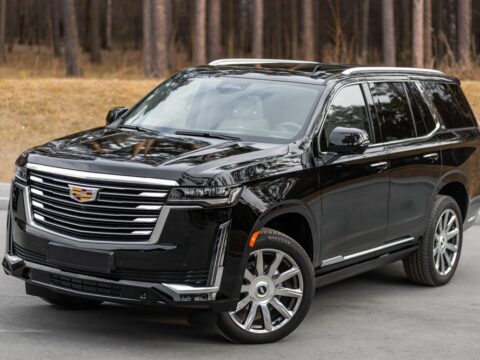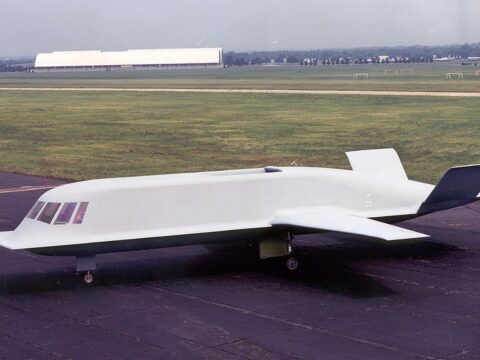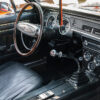Cars have seen some truly wild innovations over the years. From swiveling seats to in-car record players, automakers have come up with some bizarre features that often leave us scratching our heads. In this article, we’ll take a look at 11 of the most unusual and inventive car features ever invented
Contents
The “Targa Top” Removable Roof Panels
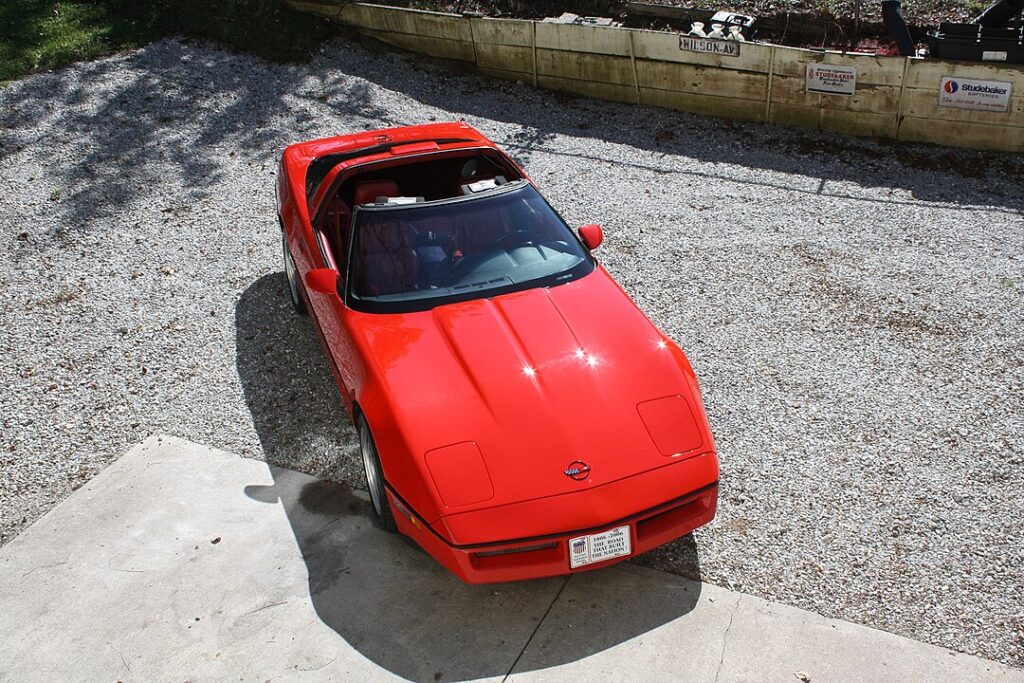
First introduced by Porsche in the 1960s, the Targa Top was designed as a compromise between a convertible and a hardtop. Featuring removable roof panels, it allowed drivers to enjoy open-air driving without the full commitment of a soft top. While unique, it led to handling issues, as the structural integrity of the car could be compromised, and storing the panels was often cumbersome.
Swing-Away Steering Wheel
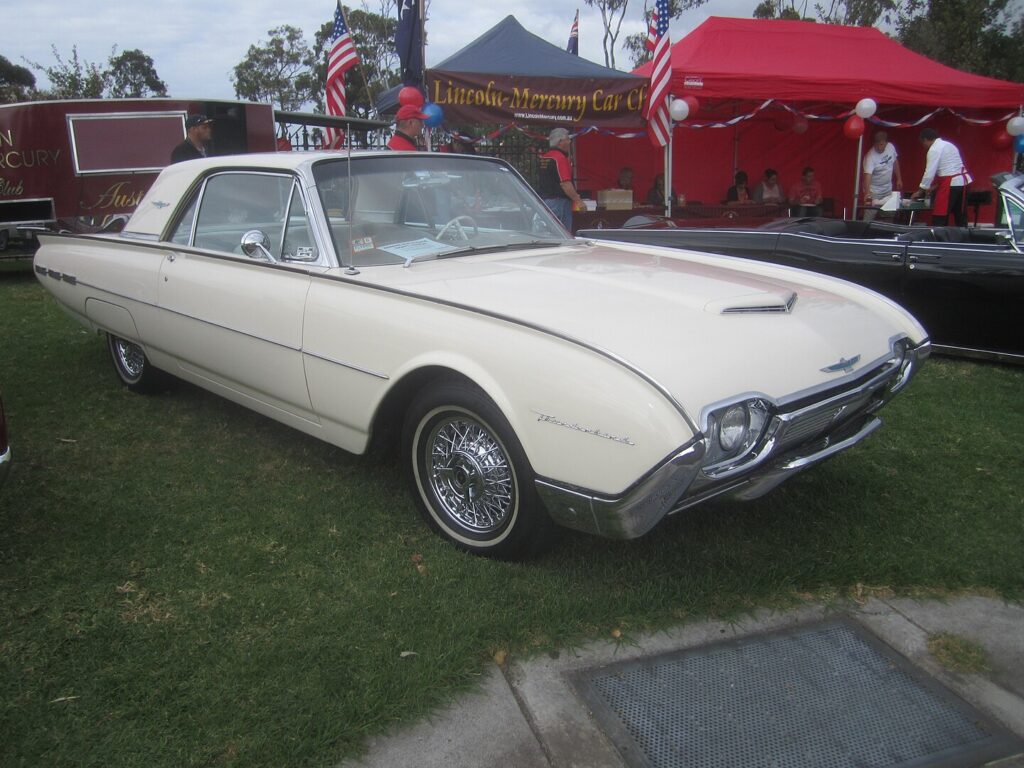
Ford’s Swing-Away Steering Wheel, introduced in the 1960s on models like the Ford Thunderbird, could pivot to the right to allow easier driver exit. While innovative, it was quickly overshadowed by other advancements in automotive design. The mechanism was complex and added unnecessary weight, making it more of a novelty than a practical solution.
Liquid-Cooled Glove Box

Some luxury cars, such as the Mercedes-Benz S-Class, featured a liquid-cooled glove box to keep beverages chilled. While a neat idea for keeping drinks cool on long drives, it added unnecessary complexity and cost to the vehicle. The feature required additional plumbing and cooling components, which could lead to maintenance issues over time.
Rear-Wheel Steering
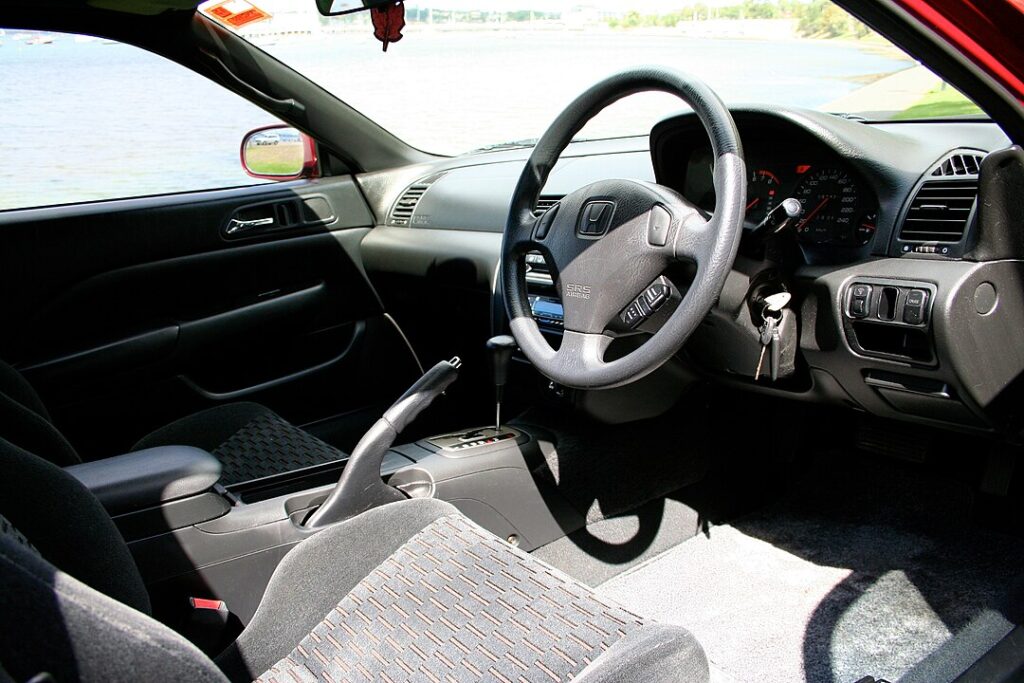
Found in models like the Honda Prelude and some Nissan vehicles, rear-wheel steering allowed the rear wheels to turn slightly to improve maneuverability. While useful in tight spaces and at high speeds, it added significant mechanical complexity and potential points of failure. The benefits often did not outweigh the costs and maintenance challenges.
The “Modular” Concept of the Fiat Multipla
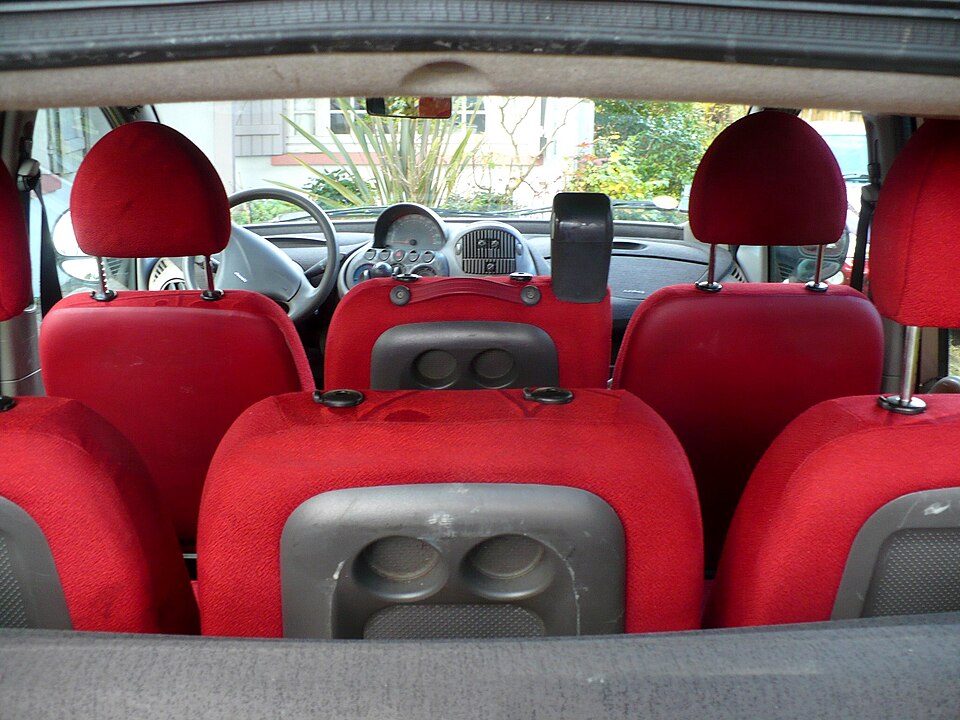
The Fiat Multipla’s modular interior design allowed seats to be reconfigured or removed entirely. This flexibility was intended to make the car adaptable for various needs, from transporting cargo to carrying more passengers. Its unconventional look and odd flexibility, however, made it more of a curiosity than a hit, as the aesthetic and practical trade-offs were significant.
Hydraulic Suspension Systems
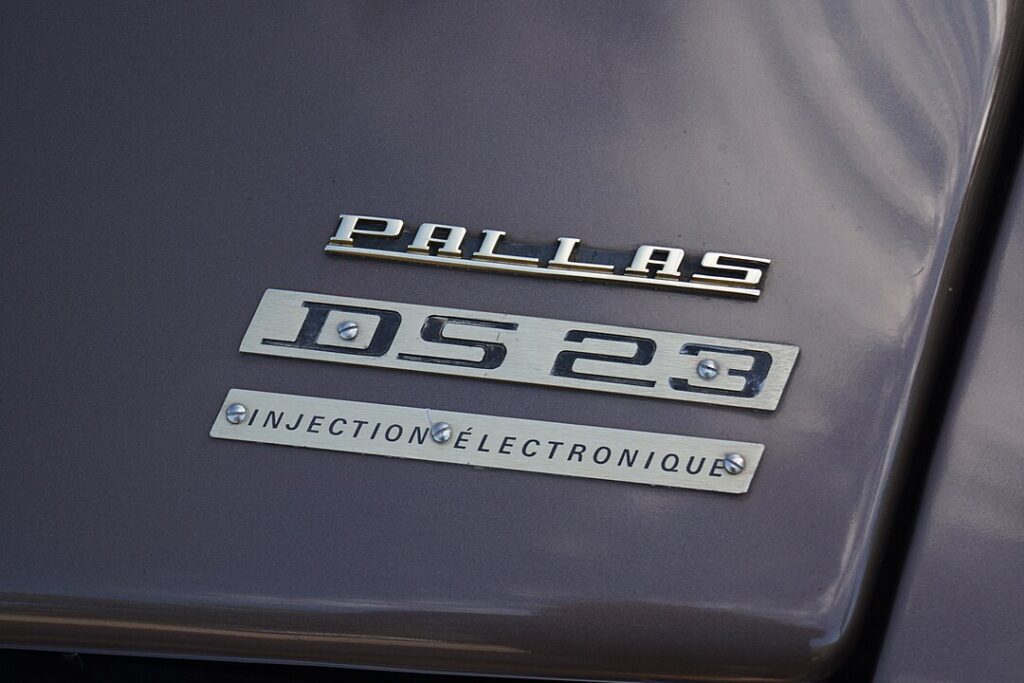
Citroën’s hydraulic suspension system, found in models like the DS and SM, provided a smoother ride by adjusting the car’s height based on road conditions. While revolutionary, offering a level of comfort and handling unmatched at the time, it required complex maintenance and repair. The system’s intricacy made it prone to leaks and difficult for most mechanics to service.
Built-In Vacuum Cleaners
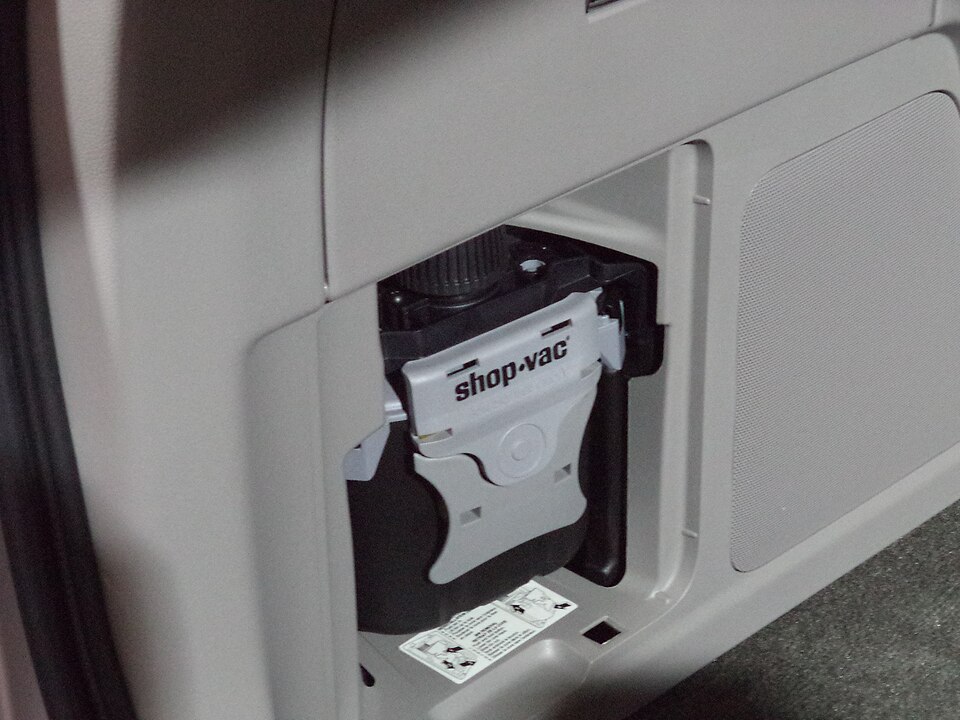
Minivans like the Honda Odyssey featured built-in vacuum cleaners, branded as “HondaVAC.” While practical for families and keeping the car clean, it was an odd addition that some found unnecessary. The feature added weight and took up space that could be used for other purposes, and portable car vacuums were often more convenient.
Cigarette Dispensers
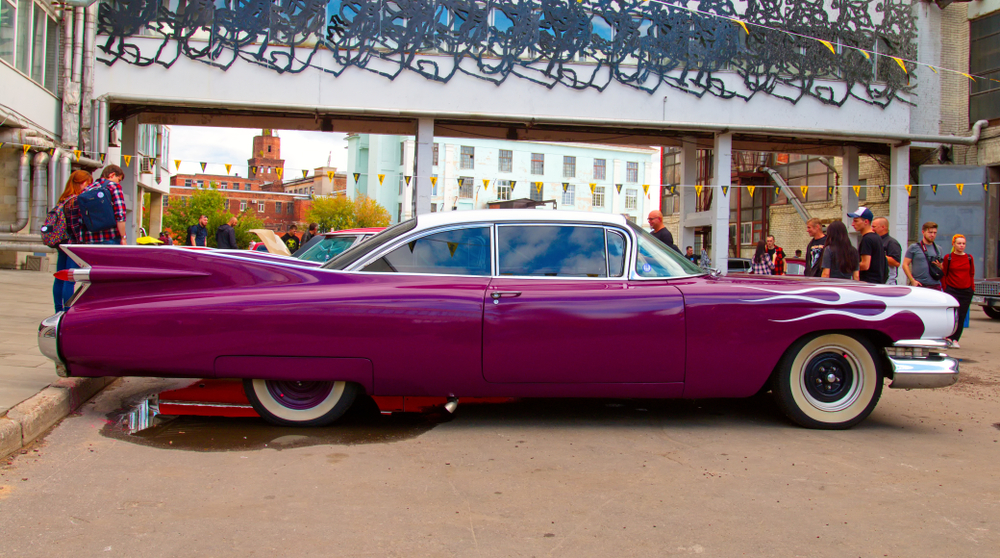
In the 1950s and 60s, some luxury cars came with cigarette dispensers and lighters integrated into the dashboard. This feature, seen in models like the Cadillac Eldorado, catered to the smoking culture of the time. Today, it seems bizarre due to the health risks associated with smoking and the shift towards more health-conscious lifestyles.
Thermometer Hood Ornaments
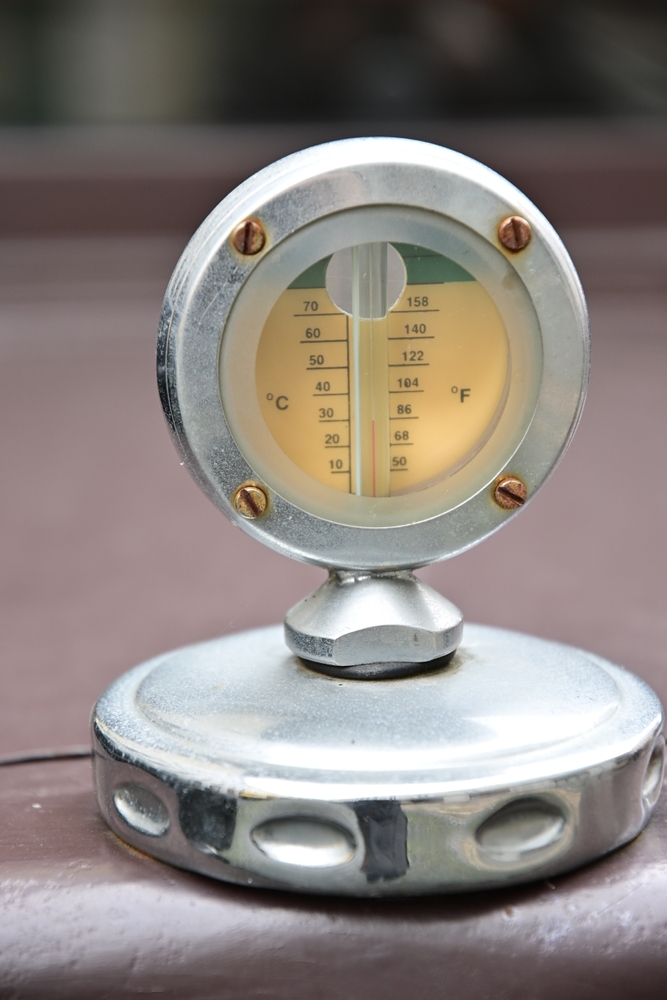
Buick offered thermometer hood ornaments in the 1930s, which displayed the engine temperature. These visually interesting features provided little practical use compared to modern dashboards. While they added a unique touch to the car’s exterior, drivers quickly found more comprehensive and accurate engine temperature readings on their instrument panels.
“Third Door” on Coupes

Some coupe models, such as the Saturn SC, featured a small third door on the driver’s side for rear-seat access. This innovation aimed to improve access to the back seats without compromising the coupe’s sporty look. However, it often proved awkward and impractical in real-world use, as the door’s size and placement made it difficult to use effectively.
Rain-Sensing Windshield Wipers

Introduced in luxury cars, these wipers automatically adjusted speed based on the amount of rain detected. Initially, they seemed like an over-engineered solution to a simple problem. Early versions were often too sensitive or not sensitive enough, leading to inconsistent performance. Over time, they have become more reliable and are now a common feature.
This article originally appeared in MyCarMakesNoise.
More from MyCarMakesNoise
20 Stunningly Designed Motorcycles That Turn Heads

Some motorcycles are more than just a means of transportation—they’re works of art that command attention wherever they go. With sleek lines, bold colors, and innovative designs, these bikes are built to turn heads and make a statement. Read More
20 Issues That Arise from Using Cheap Fuel in Your Car

Using cheap fuel in your car might seem like a cost-saving measure, but it can lead to several issues that could end up costing you more in the long run. Low-quality fuel can cause engine knocking, reduce fuel efficiency, and lead to buildup in the fuel injectors, which hampers performance. Read More
20 Formerly Coveted American Coupes That Have Lost Their Luster

Once symbols of style and performance, many American coupes have seen their popularity fade over time. These cars, which were once coveted for their sleek designs and powerful engines, now struggle to maintain the same appeal in a market dominated by SUVs and sedans. Read More

